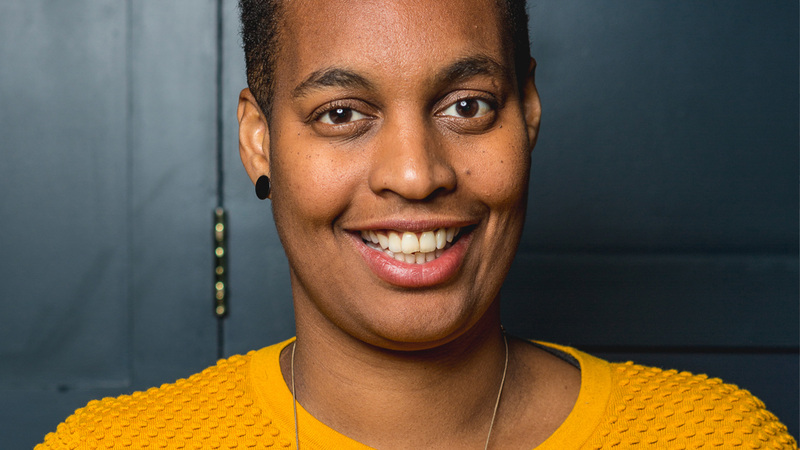You are viewing your 1 free article this month. Login to read more articles.
Embrace streaming to stay relevant, Tellander tells publishers
Hesitant UK and US publishers need to move into audiobook streaming to stay relevant, and maintain premium pricing in the face of interest from music services such as Spotify, Storytel's c.e.o. Jonas Tellander has warned.
The Sweden-based firm has now entered 20 different markets and has another 20 in its sights by 2023, although there is no sign of UK or US involvement yet.
Speaking to The Bookseller editor Philip Jones at FutureBook, Tellander said the success of services such as Netflix and Spotify showed streaming was here to stay and could not be ignored by the industry.
He said: “The book market, to stay relevant, as it's always done over time, really needs to embrace the unlimited subscription model. Then it's all a question of how strong we are as a book industry to hold our ground and ensure that the story creation can remain within the book publishing ecosystem and reach customers in a way that is profitable for the authors and good for the customers.”
He warned that, when music streaming services start moving into audiobooks, it could lead to a more discounted model than Storytel and services similar to it serve with their premium offerings. His company charges €16–€17 per month, compared to around €10 charged by music streaming services.
Tellander said: “What we see is that all podcast and audiobook markets kind of converge and when that convergence happens, you have to make sure that you can ensure that people feel that this is premium content, that this is a good thing, this is something I want to pay for.”
Asked about entering the US and UK, he said it was an “ongoing discussion” and Storytel already had a relationship with publishers such as HarperCollins and Penguin Random House, dating back years.
He said: “Now, of course, things are heating up. The audiobook market is, since a couple of years back, becoming more interesting for the main publishers so it's natural to see some hesitation originally. But I know that you can't lock out, basically, stories from such a big part of the market. People expect to see subscription services from all the different media formats and books, in particular audiobooks, is no exception. So I'm sure that will happen, and I'm sure that we will be a player over time in all the big markets. But when that happens, or actually if that happens, is something else.”
Storytel has previously cited data from the Swedish Publishers Association showing audiobook streaming does not cannibalise publishers' sales, and the audiobook market now represents just over 50% of the fiction market by value in the country. Tellander said 9% of of the Swedish adult population has a subscription to an audio or e-book streaming service.
He said: “What matters to me, as the chief executive of Storytel—which is also owning one of the major book publishers in Sweden, Norstedts—I'm really concerned about making sure that we are a positive net contributor to the ecosystem of book authoring, book publishing, bookselling and book reading. I think we really, really demonstrated that over the past 10 years, throughout this incredible growth journey.”
Asked what he was looking for in the next 20 markets, Tellander said the firm had moved from an opportunistic approach to a strategic one. Markets where the streaming model is already established for things like music were beneficial, but the most crucial part was building an attractive catalogue with the support of local publishers, he said.
He said: “Listening to stories is a universal thing, it's something that will work well in all markets around the world. It's just a question of timing and ensuring people are ready for it.”


















